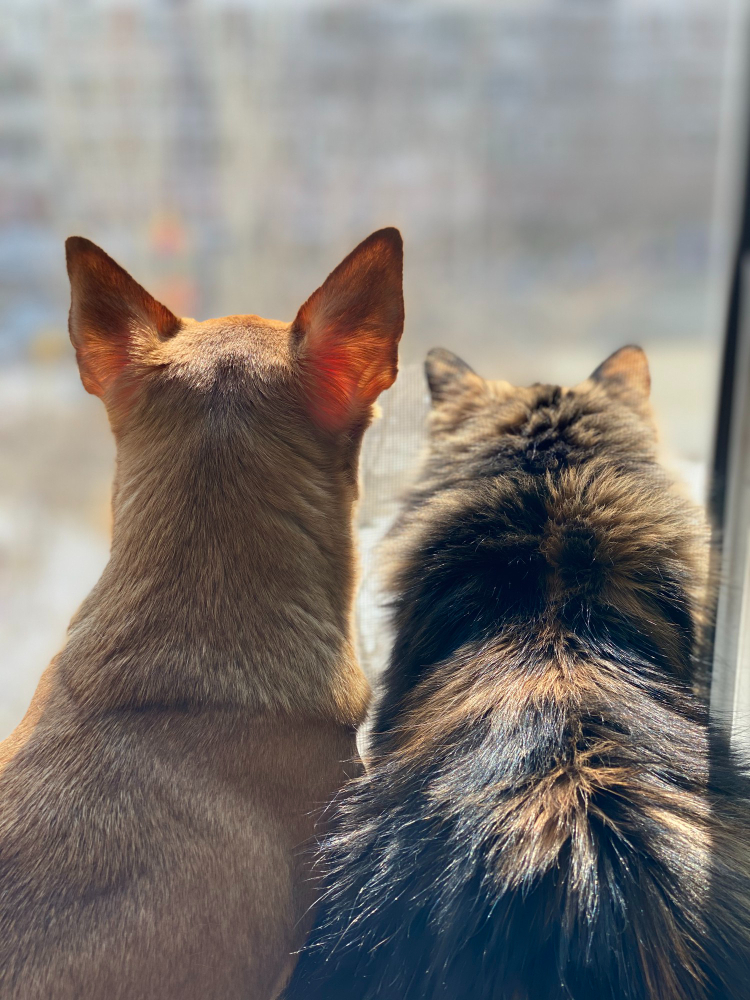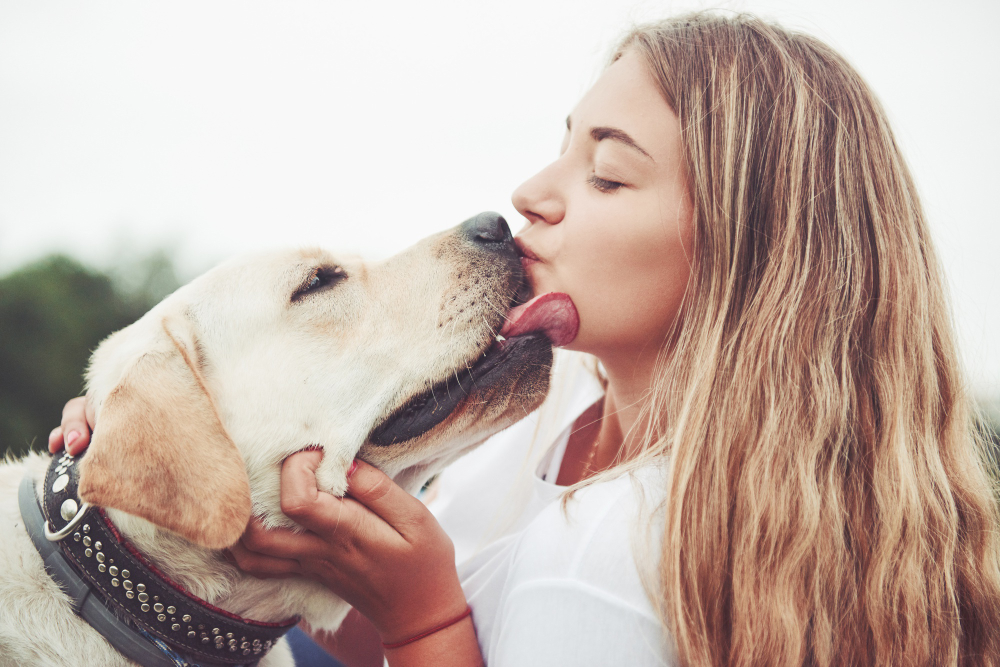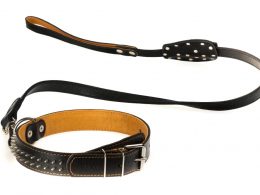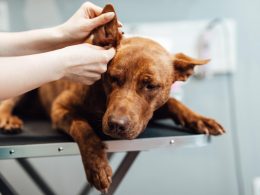Acne is a common skin condition that affects millions of people worldwide, and finding its causes is an ongoing area of research. One topic that has raised concern among pet owners is the potential connection between dogs and acne. This article aims to address the following questions:
- Can kissing your dog cause acne?
- Can dog allergies cause acne?
- Will dog acne go away?
- Can puppies get acne?
Understanding Human and Canine Acne: The Role of Plastic Bowls
Before diving into the potential causes of acne in dogs and humans, it’s essential to understand the similarities and differences between human and canine acne. Both humans and dogs can develop acne due to various factors, such as hormonal changes, stress, and exposure to bacteria. While human acne often appears on the face, neck, and back, canine acne typically affects the chin and muzzle area. Despite these differences, the treatment and prevention strategies for both human and canine acne often involve good hygiene practices and addressing potential environmental factors.
Now, let’s explore the role of plastic bowls in dog acne. Do plastic bowls cause dog acne? The truth is, they might. Plastic bowls can harbor bacteria and allergens that may contribute to the development of acne in dogs. Over time, scratches and wear on the surface of plastic bowls create a perfect breeding ground for bacteria, which can be transferred to your dog’s skin as they eat or drink. To reduce the risk of acne caused by plastic bowls, consider using stainless steel or ceramic bowls, which are easier to clean and less likely to harbor harmful bacteria.
The Impact of Dog Licks and Kisses on Human Acne
Many dog owners love receiving affection from their furry friends, but some worry that these interactions could be contributing to their acne. To address these concerns, let’s explore the following questions:
- Do dog licks cause acne?
- Do dog kisses cause acne?
While it is true that dog saliva contains bacteria, most of these bacteria are harmless to humans. However, in some cases, bacteria from dog saliva can enter small breaks in the skin, potentially causing infection and acne. The risk of acne caused by dog licks and kisses is generally low, but it’s essential to maintain good hygiene practices by regularly washing your face and hands after interacting with your dog.
Dog Allergies and Acne
Can dog allergies cause acne? Allergies can lead to a variety of skin issues, including acne. People who are allergic to dogs may experience skin irritation, redness, and breakouts after coming into contact with a dog or its fur. The best way to determine if your acne is caused by a dog allergy is to consult with an allergist. If you’re diagnosed with a dog allergy, some ways to manage the condition include using air purifiers, vacuuming regularly, and grooming your dog to reduce dander.
Understanding Dog Acne and its Natural Course
Dog acne is a relatively common condition that typically affects the chin and muzzle area. Acne symptoms in dogs include red bumps, blackheads, and inflammation. But, will dog acne go away on its own? In most cases, dog acne is a temporary condition that resolves with proper care and treatment.
It is crucial to note that you should never squeeze or pop your dog’s acne lesions, as doing so can worsen the condition and even lead to infections. Instead, focus on keeping your dog’s face clean, using medicated shampoos, and monitoring for potential allergens to help prevent and treat dog acne. In some cases, a veterinarian may prescribe antibiotics or topical treatments to address severe or persistent acne.
Acne in Puppies
Can puppies get acne? Yes, acne can also affect puppies. Puppies are more prone to acne caused by hormonal changes and their developing . Acne in puppies can appear as red bumps or pustules on the face, particularly around the lips and muzzle. To manage acne in puppies, maintain a clean environment, groom your puppy regularly, and consult your veterinarian for appropriate treatments if the condition persists.
Quick Tips for Preventing Acne in Dogs and Humans
- Practice good hygiene by washing your face and hands regularly, especially after interacting with your dog.
- If you suspect a dog allergy, consult an allergist and take steps to reduce allergens in your home.
- Keep your dog’s face clean and well-groomed to prevent the development of acne.
- Consult with a veterinarian if your dog’s acne symptoms persist or worsen, as they can recommend appropriate treatments.
As we have explored the various concerns surrounding dogs and acne, it’s crucial to remember that most risks can be mitigated through proper care and attention. By staying informed and taking the necessary precautions, you can enjoy a close bond with your pet while maintaining healthy skin for both you and your dog. So, don’t be afraid to give your canine companion some affection, just make sure to keep up with good hygiene practices for a blemish-free experience.
Conclusion
In summary, while there are connections between dogs and acne, the risks are generally low. Maintaining good hygiene practices, and managing allergies can help prevent acne in both humans and dogs. If you or your dog are experiencing persistent acne symptoms, it is essential to consult with a medical professional or veterinarian for proper diagnosis and treatment. By understanding the potential causes of acne and taking appropriate preventative measures, you can ensure a happy, healthy relationship with your furry companion.














